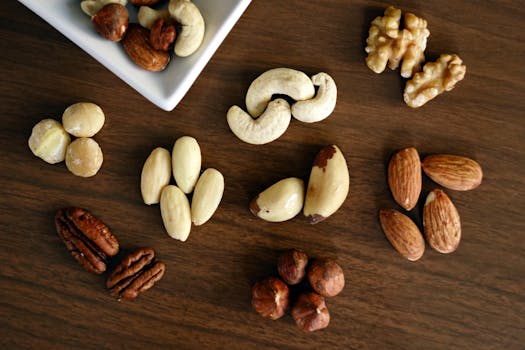As pet parents, we all want to do what's best for our furry friends. With the rise of plant-based diets for humans, many dog owners wonder if their canine companions can thrive on a vegan or vegetarian diet. Is it safe? Is it healthy? Let’s dive into the facts so you can make the best decision for your dog’s well-being.
🩺 Vet Insight
Dogs are classified as omnivores, meaning they can eat both animal and plant-based foods. However, their nutritional needs are highly specific and must be met for them to stay healthy. Proteins, fats, vitamins, and minerals are essential for maintaining muscle health, energy levels, and a strong immune system. Unlike humans, dogs cannot synthesize some vital nutrients on their own and rely on their diet to provide these.
A properly formulated vegan or vegetarian diet for dogs is possible but requires careful planning. Commercial vegan dog food brands that meet the standards set by the Association of American Feed Control Officials (AAFCO) or the European Pet Food Industry Federation (FEDIAF) can be an option. However, homemade plant-based diets are much riskier, as it’s easy to miss critical nutrients like taurine, vitamin B12, and L-carnitine, which are naturally found in animal products.
It’s important to remember that while dogs can survive on a plant-based diet, survival is different from thriving. Each dog is unique, so what works for one may not work for another.
⚠️ Ingredients to Avoid
If you’re considering a vegan or vegetarian diet for your dog, it’s essential to avoid certain foods that are toxic to them. Some plant-based ingredients can cause serious health issues.
- Onions and garlic (even in small amounts)
- Avocado
- Grapes and raisins
- Macadamia nuts
- Chocolate and caffeine
- Raw yeast dough
According to the ASPCA, garlic is toxic to dogs and can cause gastrointestinal upset and red blood cell damage (source).
✅ Safer Alternatives
If you decide to transition your dog to a plant-based diet, consider these tips to ensure their health and safety:
- Choose a reputable commercial vegan dog food that meets AAFCO or FEDIAF standards.
- Consult with a veterinarian or veterinary nutritionist to ensure the diet is balanced and complete.
- Monitor your dog closely for signs of nutrient deficiencies, such as lethargy, poor coat quality, or weight loss.
- Supplement essential nutrients, like taurine and vitamin B12, if they are not included in the diet.
For pet parents who want to incorporate plant-based meals occasionally without going fully vegan or vegetarian, cooked vegetables like sweet potatoes, green beans, and carrots can be added to their regular diet as healthy treats.
💡 Final Advice
While a vegan or vegetarian diet can work for some dogs, it’s not suitable for all. Puppies, pregnant or lactating dogs, and dogs with certain medical conditions may not get the nutrients they need from a plant-based diet alone. Always consult your veterinarian before making any significant changes to your dog’s diet.
Ultimately, your dog’s health and happiness should guide your decision. If you’re committed to feeding a vegan or vegetarian diet, regular checkups, blood tests, and expert guidance are essential to ensure your furry friend is thriving.
FAQs
Q: Can dogs get all the nutrients they need from a vegan diet?
A: Yes, but it requires careful planning and supplementation. A vegan diet must be nutritionally complete and balanced to meet your dog’s needs. Consult a vet or a veterinary nutritionist before making the switch.
Q: Are commercial vegan dog foods safe?
A: Reputable commercial vegan dog foods that meet AAFCO or FEDIAF standards can be safe for dogs. Always check for certification and consult your vet for recommendations.
Book a $49 online vet consultation at https://www.dialavet.com for fast, expert advice.























